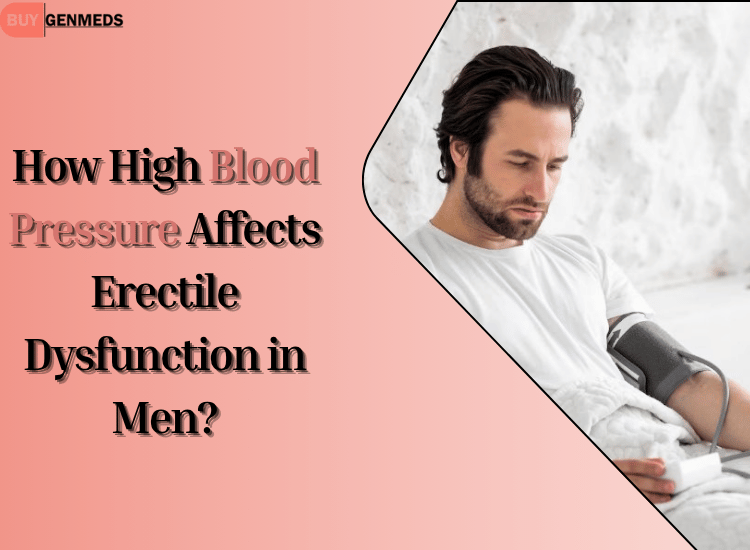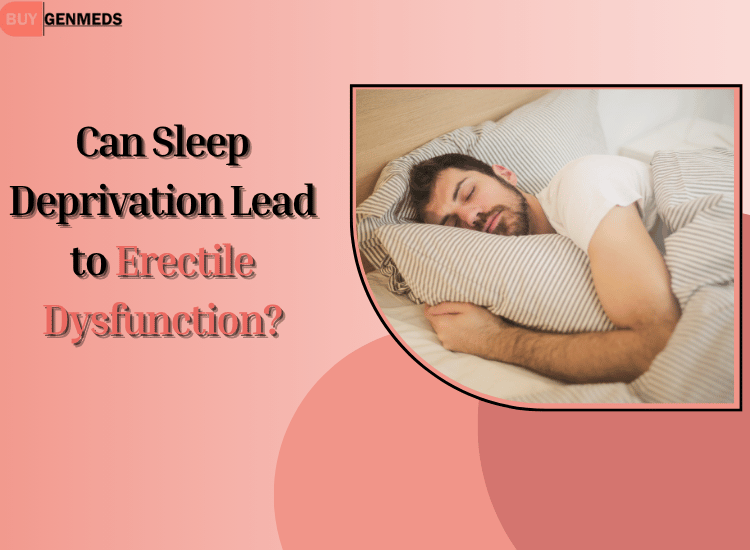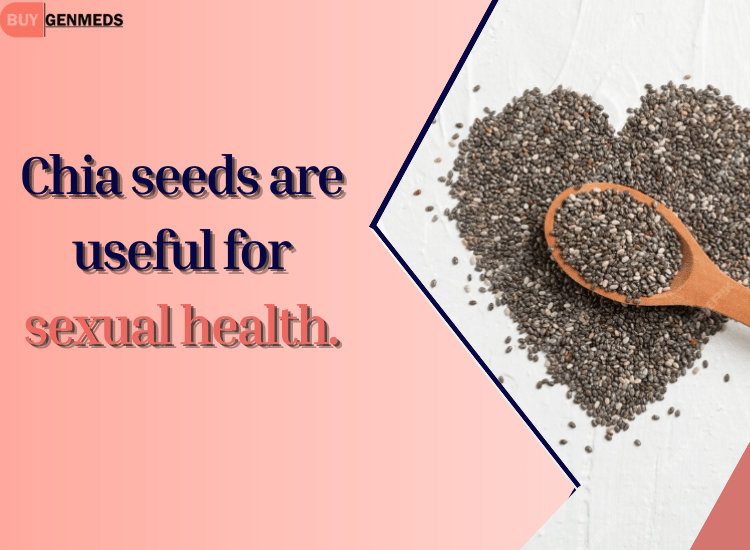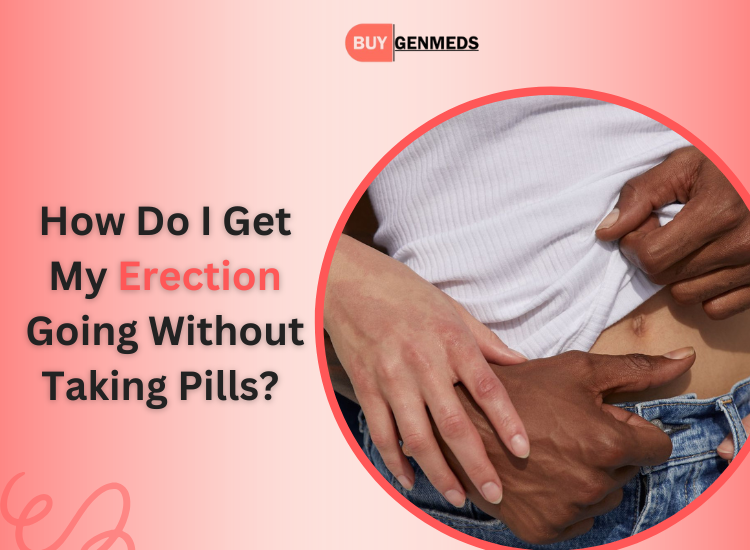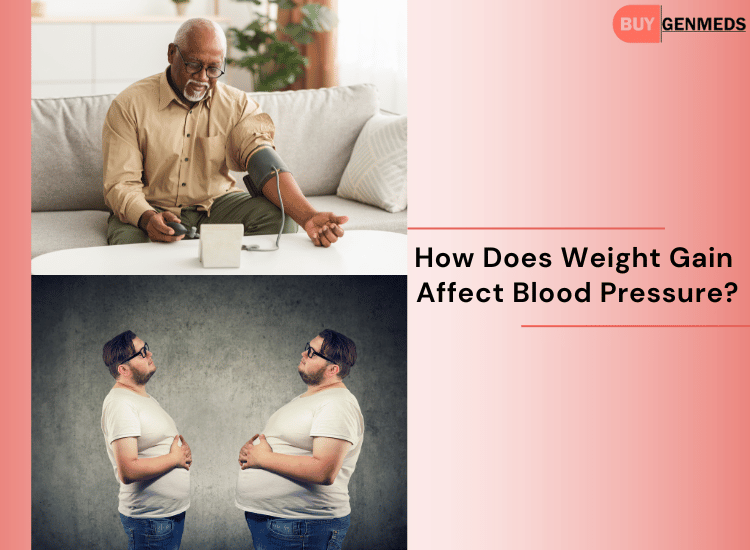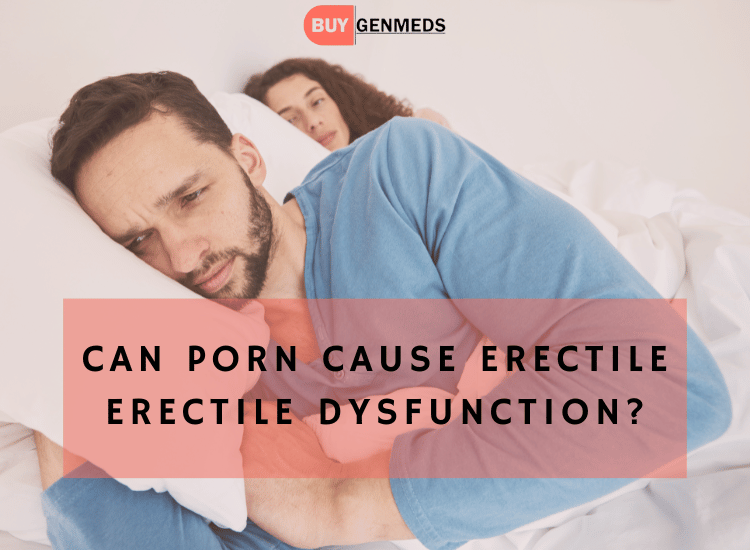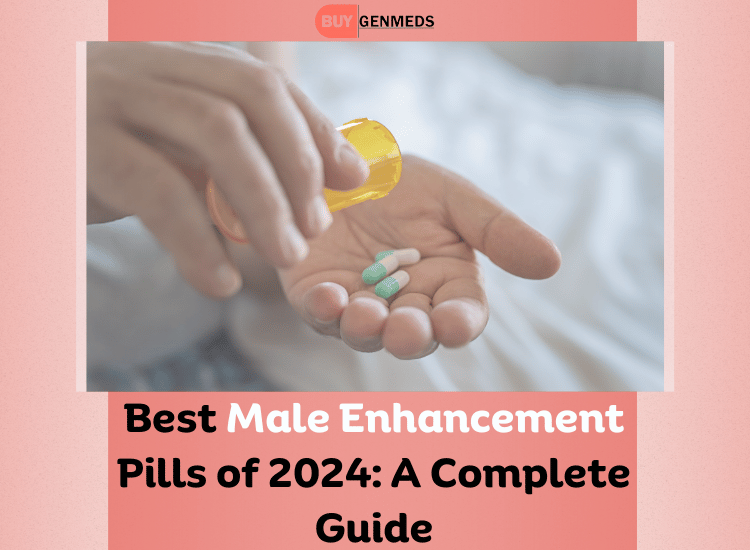What Is High Blood Pressure?
Blood pressure is the force that your blood exerts on the walls of your arteries as it flows throughout your body. When this pressure stays too high for too long, it’s called high blood pressure or hypertension. This condition puts extra stress on your heart and blood vessels, increasing your risk for heart attacks, strokes, kidney problems, and yes—even erectile dysfunction.
What Is Erectile Dysfunction?
Erectile dysfunction is defined as difficulties obtaining or maintaining a strong enough erection for sexual activity. While it can sometimes be caused by stress or anxiety, ED is often linked to physical health conditions, especially those that affect blood flow, like high blood pressure.
The Link Between Blood Pressure and Erections
An erection happens when blood flows into the penis and stays there during sexual arousal. The blood fills two chambers called the corpora cavernosa, causing the penis to become hard. For this process to work well, your blood vessels need to be healthy and relaxed.
When you have high blood pressure, your blood vessels become stiff, narrow, or damaged. This makes it harder for blood to flow freely—not just to your heart or brain, but also to your penis. As a result, achieving or maintaining an erection becomes difficult.
High Blood Pressure Damages Blood Vessels
Over time, hypertension can damage the delicate lining of your blood vessels. This limits their ability to dilate (expand), reducing the blood flow necessary for an erection. Without proper circulation, erections become weaker, less frequent, or disappear altogether.
Reduced Nitric Oxide Production
Nitric oxide is a naturally occurring compound that helps relax and expand blood vessels, enhancing circulation This process is essential for erections. High blood pressure reduces the body’s ability to produce nitric oxide, making it more difficult to get the blood flowing into the penis during arousal.
Silent Symptoms: ED as a Warning Sign
Nitric oxide is a naturally occurring compound that helps relax and expand blood vessels, enhancing circulation. Since hypertension often doesn’t cause symptoms right away, men may not realize they have it until ED starts to affect their sex life. In this sense, ED can be a useful early warning signal that prompts men to get their cardiovascular health checked.
Medications for High Blood Pressure and ED
Here’s another layer of complexity: while treating high blood pressure is crucial, some Hypertension medications can also contribute to ED. For example:
-
Some medications, like beta-blockers and water pills (diuretics), are known to increase the risk of erectile problems.
-
Drugs like ACE inhibitors, calcium channel blockers, and ARBs usually have fewer negative effects on sexual performance.
If you’re taking medication for high blood pressure and notice changes in your erections, don’t stop taking your medicine on your own. Instead, talk to your doctor. There may be alternative medications that help manage your Hypertension without affecting your sexual health.
Managing Both Conditions Together
It’s important to know that high blood pressure and erectile dysfunction are treatable—and often reversible. Here are steps you can take to improve both your heart health and your sexual health:
1. Adopt a Heart-Healthy Diet
A diet low in sodium and rich in fruits, vegetables, whole grains, and lean proteins can help lower blood pressure. The DASH diet—short for Dietary Approaches to Stop Hypertension—is an excellent plan for lowering high blood pressure. These foods also improve blood vessel health, which supports better erections.
2. Exercise Regularly
Try to receive at least 30 minutes of moderate exercise per day, such as walking, riding, or swimming. Exercise improves circulation, reduces stress, and helps regulate blood pressure—all of which can enhance sexual performance.
3. Quit Smoking
Smoking damages blood vessels and is a major risk factor for both high blood pressure and erectile dysfunction. Quitting smoking can lead to significant improvements in sexual function and overall cardiovascular health.
4. Limit Alcohol Intake
Heavy drinking can raise blood pressure and lead to erectile dysfunction. Moderate drinking (no more than 1-2 drinks per day) is usually safer for your heart and sexual health.
5. Manage Stress
Chronic stress raises blood pressure and makes it difficult to get or keep an erection. Consider relaxation techniques like deep breathing, yoga, meditation, or talking to a counselor.
6. Get Enough Sleep
Not getting enough sleep can raise your blood pressure and disrupt hormones that are key to sexual health. Aim for 7–9 hours nightly.
7. Talk to Your Doctor
If you’re experiencing ED, don’t suffer in silence. Your doctor can check your Hypertension, review your medications, and suggest treatments for ED, ranging from oral medications like Sildenafil (Viagra) or Tadalafil (Cialis) to other therapies depending on your condition.
Final Thoughts
High blood pressure and erectile dysfunction are more closely connected than many men realize. While ED can feel like a personal issue, it’s often a sign of something happening on a deeper level, like poor heart or blood vessel health. The good news is that with the right lifestyle changes and medical support, you can manage both conditions effectively.
Don’t ignore the signs. If you’re struggling with sexual performance, it’s not just about your bedroom—it’s about your overall well-being. Talk to your doctor, take steps to lower your Hypertension, and prioritize your health. A stronger heart often leads to a stronger sex life.


